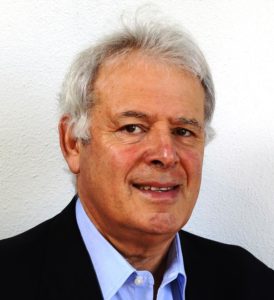
Australia has dropped further from the top 10 of least corrupt countries in the world – raising concerns that anti-corruption agency and royal commission investigations are tarnishing the country’s image.
The recently released 2016 international Corruption Perception Index scores and ranks 168 countries on how corrupt the public sector is perceived to be.
It is disappointing that Australia has fallen out of the top ten, says Flinders University corruption expert Professor Adam Graycar.
“Australia has consistently ranked in the top 10 (least corrupt) but has slipped to 13 this year, with its score down to 80, considerably below the 87 and 88 it was getting in 2010 and 2011.
“There is unease in the community about corruption in public life. There is also unease about the role of anti-corruption agencies such as the NSW Independent Commission Against Corruption,” Professor Graycar says.
The investigations of the NSW ICAC and the Victorian IBAC (Independent Broad-based Anti-corruption Commission), the Trade Union Royal Commission and the Royal Commission into Institutional Responses to Child Sexual Abuse show that “much in Australia’s public life is well below the standard that we should expect,” Professor Graycar says.
“The more one does to expose corruption, the more corruption is perceived as a problem, so in some ways the successes of investigations have tainted Australia in this exercise.
“While the Index is about perceptions because corruption is almost impossible to measure, many countries rely on this perception index to help shape anti-corruption policy,” he says.
However, Professor Graycar does not see the creation of a single federal anti-corruption agency as an answer.
“Of the twelve countries that rank above Australia”, he said “only one, Singapore has a national anti-corruption agency,” he says.
“Progress will come with a blend of values and compliance mechanisms and strong leadership that makes corruption recognisable as such, and unacceptable in all aspects of public life,” he says.
“Our ethnical traditions hold us in good stead but we can’t afford to become complacent.
“Australians expect high standards from their politicians and public officials, and are quick to turn against them when they transgress.
“Most corrupt activity takes place in secret, and what comes to light does not reflect the full extent.”
Flinders University academic in the School of Social and Policy Studies Professor Adam Graycar is a global expert in the analysis and prevention of corruption.
He is currently working on integrity and corruption prevention in Australia and overseas, including with international agencies such as the United Nations (UN Office on Drugs and Crime) and the World Bank.

